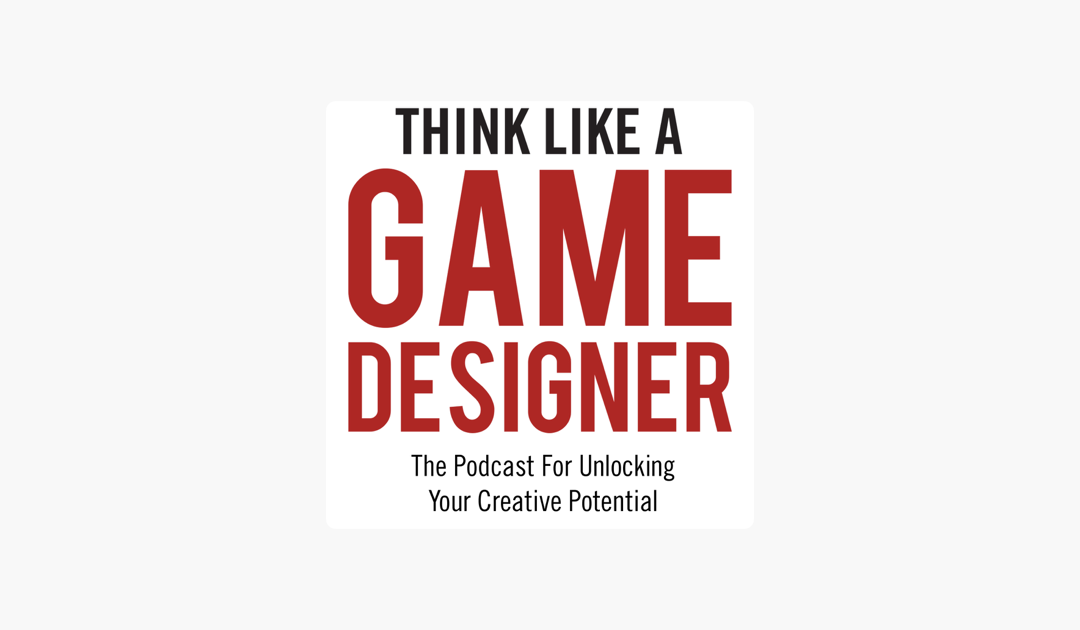Scott Gaeta has been in the game industry for over 20 years. He’s the founder of Renegade Game Studios. Scott started as a comics and game store owner before shifting into game design, cutting his teeth on popular products such as the Star Wars, Star Trek, and Lord of the Rings CCGs. He’s worked as the Senior Vice President of Decipher and Senior Director at Upper Deck (that’s where we first met!). At Upper Deck, Scott worked on Yu-Gi-Oh!, DC Comics, World of Warcraft, Marvel Comics, Hello Kitty, and more. I was super excited to catch up and learn some lessons from the veteran of the industry.
Check out this episode and the previous ones here:
“Forecasting, it’s kind of 50% art and 50% science.” (9:00)
This is the first time we go into detail about margins and forecasting, which is an important part of deciding when and how to release a game. To do this well could be the difference between the success and failure of a game. Scott is an expert in this area and shares some great tips and considerations.
“Nobody will buy a game that there’s no one to play with.” (16:30)
In this section, we talk about organized play and games on the level of communities and gaming stores. Organized play can be a crucial component for growing the popularity of a game, so we spend quite a while on this topic. We go into the history of these games, both digital and physical, and how they’ve changed over time. If you’re interested in how national tournaments, in-store competitions, and the dishing out of prizes works, take a listen.
“The world is going so much in a digital direction, and technology such an almost dominant part of our lives…then, on the other hand, tabletop gaming is having the biggest years that it’s had ever.” (26:30)
Tabletop games are bigger than ever, right now. In this section, Scott and I go in-depth about why we believe this is happening and how we think about it when we’re designing and selling games.
“If you are interviewing at a company for a job that’s not game design, but during your interview, you express, way too often, that you really just want to be a game designer, that’s a red flag.” (46:00)
Scott and I worked at Upper Deck around the same time, we learned a lot of lessons about the dos and donts of running a game company while there. Here we speak in detail about lessons learned, and some of the trends we’ve seen in various game design communities. We finish by talking about how COVID affected our lives in game design. If you’re considering a job in game design, starting your own company, or working for another, then this section has some great lessons.




